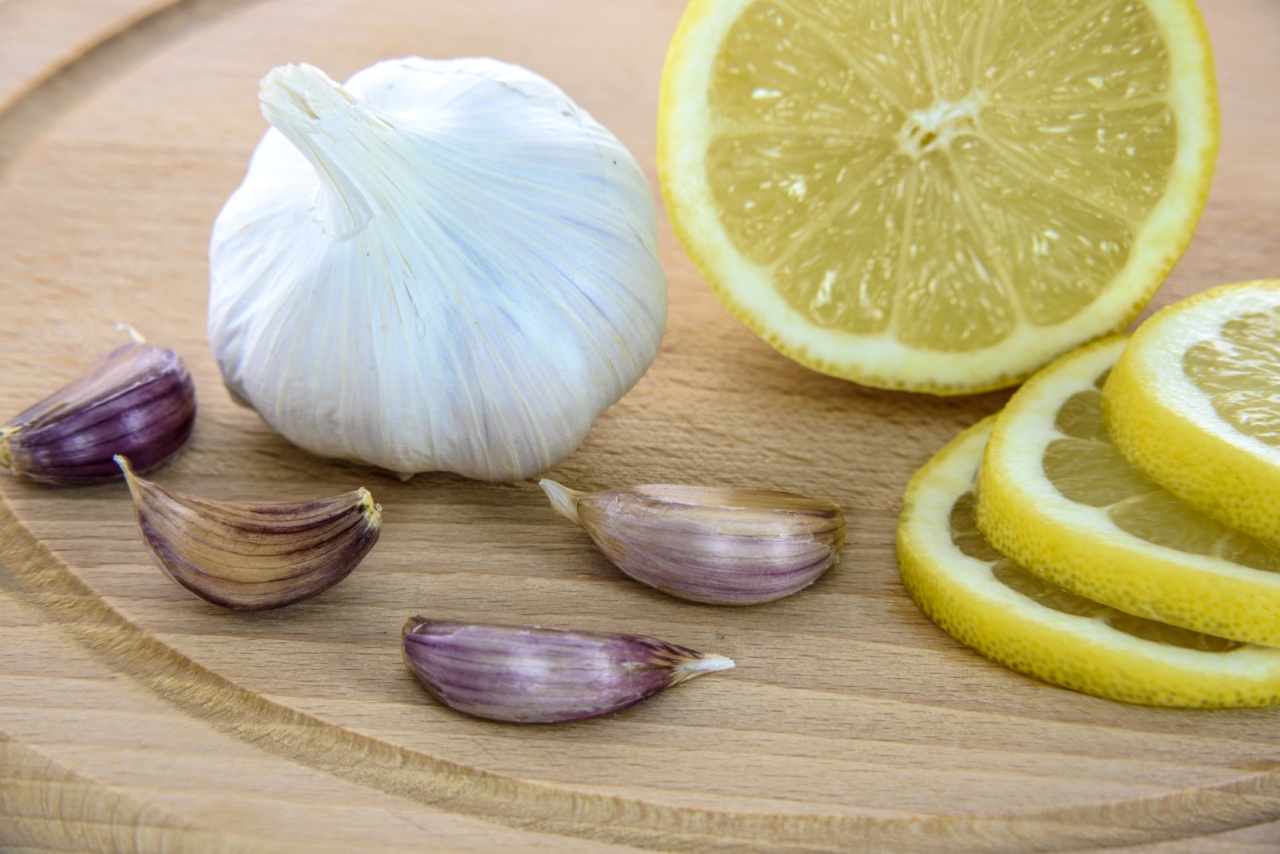Crohn’s disease is an inflammatory bowel disease that affects the digestive system. It can cause inflammation of the digestive tract, which can lead to a range of symptoms, including abdominal pain, diarrhea, fatigue, and weight loss.
While there is no cure for Crohn’s disease, there are dietary changes that can help manage the symptoms and promote healing.
What is Crohn’s disease?
Crohn’s disease is a chronic inflammatory bowel disease that affects the digestive system. The disease causes inflammation in the lining of the digestive tract, which can lead to a range of symptoms.
These symptoms can vary in severity from person to person, but common symptoms include:.
- Abdominal pain
- Diarrhea
- Fatigue
- Weight loss
Crohn’s disease can also cause complications such as bowel obstruction, ulcers, and fissures.
What causes Crohn’s disease?
The exact cause of Crohn’s disease is unknown, but it is thought to be caused by a combination of factors. These factors include genetics, environmental factors, and an overactive immune system.
Certain medications and lifestyle factors such as smoking can also increase the risk of developing the disease.
How can diet help manage Crohn’s disease?
Diet can play an important role in managing Crohn’s disease. The right diet can help reduce inflammation in the digestive tract and promote healing, while the wrong diet can worsen symptoms and trigger flare-ups.
The Crohn’s disease diet
There is no one-size-fits-all Crohn’s disease diet, but there are certain foods and guidelines that can help manage the symptoms and promote healing. Some general dietary guidelines for Crohn’s disease include:.
- Eating small, frequent meals throughout the day
- Drinking plenty of water to stay hydrated
- Avoiding foods that are high in fat, fried, or spicy
- Avoiding caffeine and alcohol
- Avoiding foods that are difficult to digest, such as nuts, seeds, and raw vegetables
In addition to these general guidelines, there are certain foods that have been shown to help manage the symptoms of Crohn’s disease.
Foods that may help manage Crohn’s disease
The following foods have been shown to help manage the symptoms of Crohn’s disease:.
- Low-Fiber Carbohydrates – White bread, plain pasta, and rice, and cooked vegetables such as carrots and green beans, are all good options for people with Crohn’s disease. They are easy to digest and do not irritate the digestive tract.
- Lean Protein – Protein is important for healing and repairing tissue in the body. Lean sources of protein, such as skinless chicken, fish, and eggs, are good choices for people with Crohn’s disease.
- Omega-3 Fatty Acids – Omega-3 fatty acids have anti-inflammatory properties and can help reduce inflammation in the digestive tract. Foods rich in omega-3 fatty acids include fatty fish, such as salmon and mackerel, flaxseed, and walnuts.
- Probiotics – Probiotics are beneficial bacteria that can help restore balance in the gut microbiome. Foods that are rich in probiotics include fermented foods like kefir, sauerkraut, and kimchi.
It is important to note that while these foods may be helpful for managing the symptoms of Crohn’s disease, they may not work for everyone. It is important to work with a healthcare professional to find a diet that works for you.
Foods to avoid with Crohn’s disease
While certain foods may help manage the symptoms of Crohn’s disease, there are also certain foods that should be avoided. These foods can worsen symptoms and trigger flare-ups. Foods to avoid include:.
- Fatty Foods – High-fat foods, such as fried foods, may aggravate symptoms of Crohn’s disease.
- Spicy Foods – Spicy foods can be irritating to the digestive tract and should be avoided by people with Crohn’s disease.
- Dairy Products – Dairy products, such as milk and cheese, can be difficult to digest for some people with Crohn’s disease.
- Fiber-Rich Foods – High-fiber foods, such as fruits, vegetables, and whole grains, can be difficult to digest and can aggravate symptoms of Crohn’s disease.
- Alcohol and Caffeine – Alcohol and caffeine can irritate the digestive tract and should be avoided by people with Crohn’s disease.
Conclusion
Crohn’s disease is a chronic inflammatory bowel disease that affects the digestive system. While there is no cure for the disease, dietary changes can help manage the symptoms and promote healing.
A Crohn’s disease diet should include small, frequent meals throughout the day, plenty of water, and foods that are easy to digest. Certain foods, such as lean protein, low-fiber carbohydrates, omega-3 fatty acids, and probiotics, can also help manage the symptoms of the disease.
Foods that should be avoided include high-fat foods, spicy foods, dairy products, high-fiber foods, and alcohol and caffeine.




























